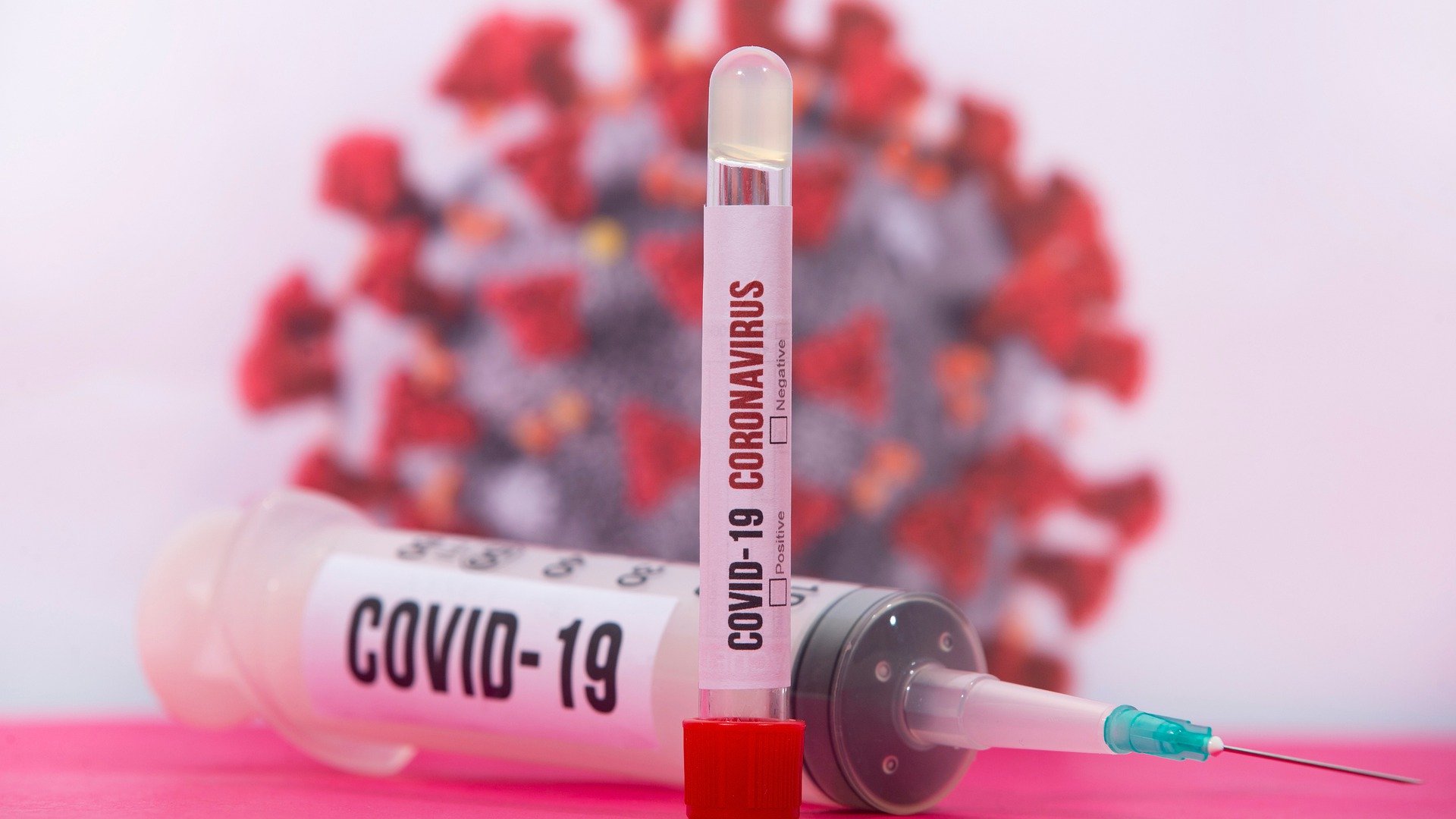Only two months ago, the Trump administration, awarded $21 million to study whether a common heartburn drug was effective against COVID-19.
Now a new agency which claims to have accessed internal document, has reported that government health officials raised serious concerns about patient safety and scientific integrity of the study.
The US Department of Health and Human Services outlined a long list of concerns in a June 8 letter, concluding there was “a high probability” that the companies doing the research would fail to honour the terms of the deal to assess famotidine, the active ingredient in Pepcid, as a coronavirus treatment.
The contact was awarded to the Florida-based Alchem Laboratories and its subcontractor, Northwell Health in New York.
However, government scientists don’t think the Pepcid study should have been awarded millions of federal research dollars.
A federal whistleblower, Dr Rick Bright, cited the contract as a key example of what he called unethical conduct by agency leadership in deciding how to spend taxpayer dollars to combat the coronavirus.
Undeterred by the criticism, the NHS office decided not to cancel the contract.
Red flags about the Pepcid trial
A lack of adequate documentation of good clinical practices related to ensuring patient safety.
Researchers failed to implement a system to track harm to patients.
It also lacked an independent data monitor to ensure the integrity of the trial’s findings and failed to provide government scientists overseeing the contract with proper Food and Drug Administration documentation.
“It would be unethical to run any clinical trial without a plan for tracking adverse events experienced by patients,” said Aaron Kesselheim, a Harvard Medical School professor, said.
On April 14, the Trump administration signed the contract to test famotidine in COVID-19 patients in New York despite a lack of published data or studies to suggest heavy doses would be safe or effective against the novel coronavirus.
When government scientists learned of the hastily produced proposal to spend millions in federal funding on the research, they considered it laughable, according to Bright’s whistleblower complaint.
But the June letter from HHS would indicate that the trial was plagued by poor management from the start.
Critics who opposed funding the trial while director at HHS’ Biomedical Advanced Research and Development Authority, said the Pepcid project underscores the Trump administration’s disregard for science and anti-corruption rules – rules meant to protect taxpayer dollars from going to political cronies or funding projects that aren’t based on more rigorous science.
The government had very little data on which to base a funding decision about Pepcid and COVID-19, critics say; there was no high-grade research on famotidine’s coronavirus-fighting potential to underpin a clinical trial involving hundreds of patients.











